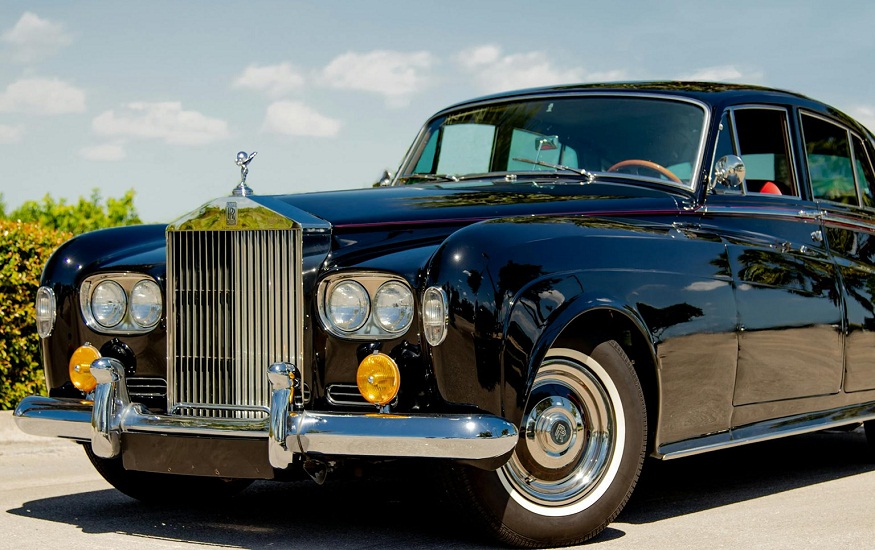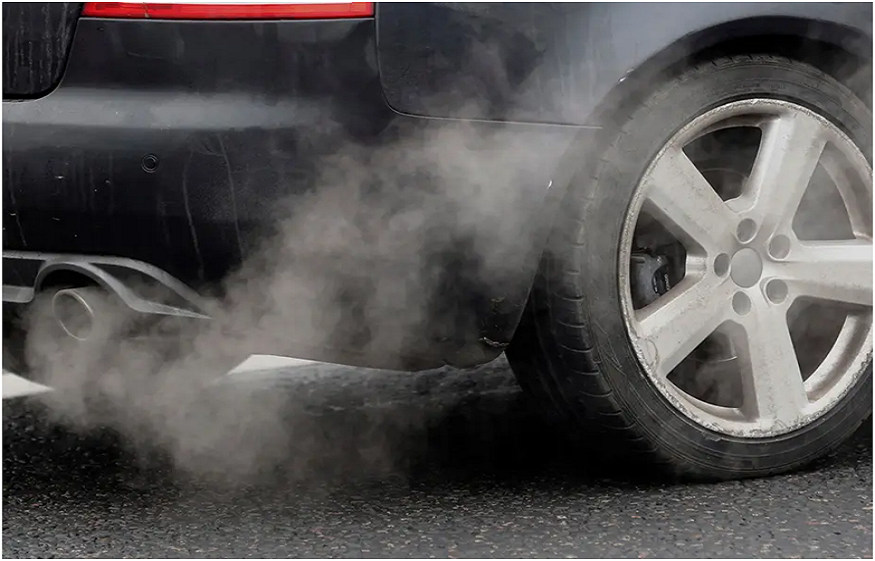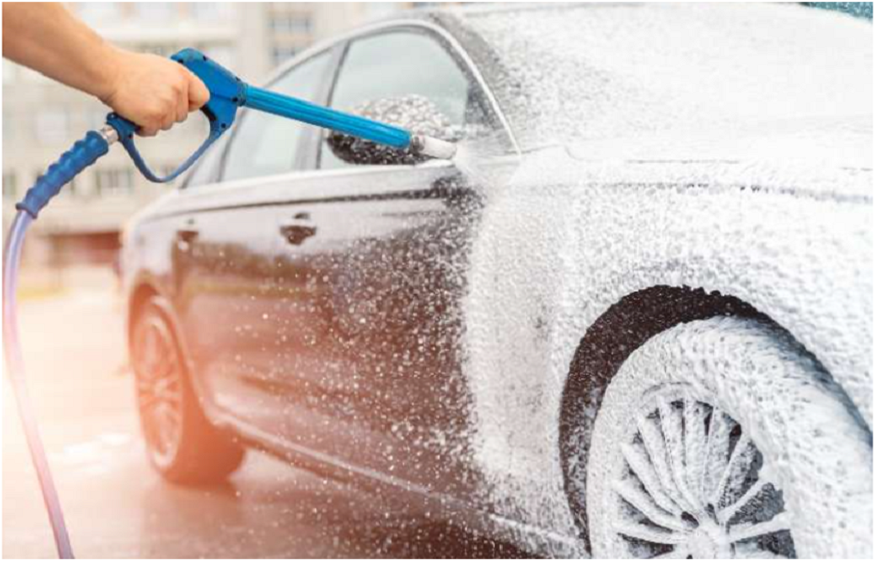The Timeless Appeal of Classic Cars: A Journey into the Past and Future
Classic cars have a unique allure that captivates enthusiasts and casual observers alike. These vehicles are more than just modes of transportation; they are moving pieces of history, encapsulating the design sensibilities, technological advancements, and cultural ethos of their time. But what exactly defines a classic car, and why do people cherish owning one despite the potential costs involved?
What Makes a Car a Classic?
We might all think that we can identify classic cars for sale when we see them, but actually the definition of a classic car can vary depending on who you ask. Generally, it refers to vehicles that are at least 20 to 40 years old, showcasing a level of craftsmanship, design, and engineering that is no longer seen in modern manufacturing. These are cars that have withstood the test of time, not just in terms of durability but also in maintaining or increasing in value and appeal.
However, the exact age and criteria can differ between countries and car clubs. In the UK, for instance, a vehicle is officially recognized as a ‘historic vehicle’ for tax purposes if it is over 40 years old, exempting it from vehicle excise duty. This legal recognition not only makes owning a classic car more economically viable but also underscores the societal value placed on preserving automotive history.
The Timeless Appeal of Classic Cars
Owning a classic car is akin to being a custodian of history. It offers a tangible connection to the past, allowing owners and admirers to experience the style, sound, and sensations of bygone eras. Each classic car has its own story, reflecting the era it was made in, from the roaring twenties’ luxurious saloons to the sleek and powerful muscle cars of the sixties and seventies.
Beyond their historical significance, classic cars are a symbol of individuality and personal style. In a world where modern cars often look increasingly similar, a classic car stands out, reflecting its owner’s taste and appreciation for craftsmanship that prioritizes character over conformity.
The Financial and Emotional Investment
Owning a classic car is not just about the purchase price; it’s an ongoing commitment to maintenance and care. These vehicles require a level of attention and expertise that goes beyond the standard upkeep of modern cars. Parts may be harder to find, and specialized knowledge is often needed to address mechanical issues.
However, the costs associated with maintaining a classic car can be seen as an investment. Many classic cars appreciate in value, especially those that are rare or have historical significance. The joy and satisfaction of restoring and driving a piece of automotive history often outweigh the financial inputs for enthusiasts.
The Advantage of Vehicle Excise Duty Exemption
In the UK, classic car owners benefit from the exemption of vehicle excise duty if their car is over 40 years old, significantly reducing the cost of owning a historic vehicle. This exemption is a recognition of the importance of preserving automotive heritage, and it encourages enthusiasts to invest in and maintain these timeless machines.
This policy not only benefits car owners but also contributes to the broader appreciation of automotive history, allowing future generations to experience and learn from the past.
In Conclusion
The appeal of owning a classic car goes beyond mere transportation. It’s about preserving a piece of history, expressing individuality, and enjoying the craftsmanship of a bygone era. While the financial and time investment can be significant, the joy of driving a classic car and the potential financial returns make it a worthwhile pursuit for many.
Whether it’s the roar of a 1960s muscle car or the elegant silhouette of a classic rolls-royce, these vehicles remind us of where we’ve been and how far we’ve come. They are a testament to human ingenuity and creativity, deserving of their special place in the hearts of enthusiasts and on the roads of our cities.



